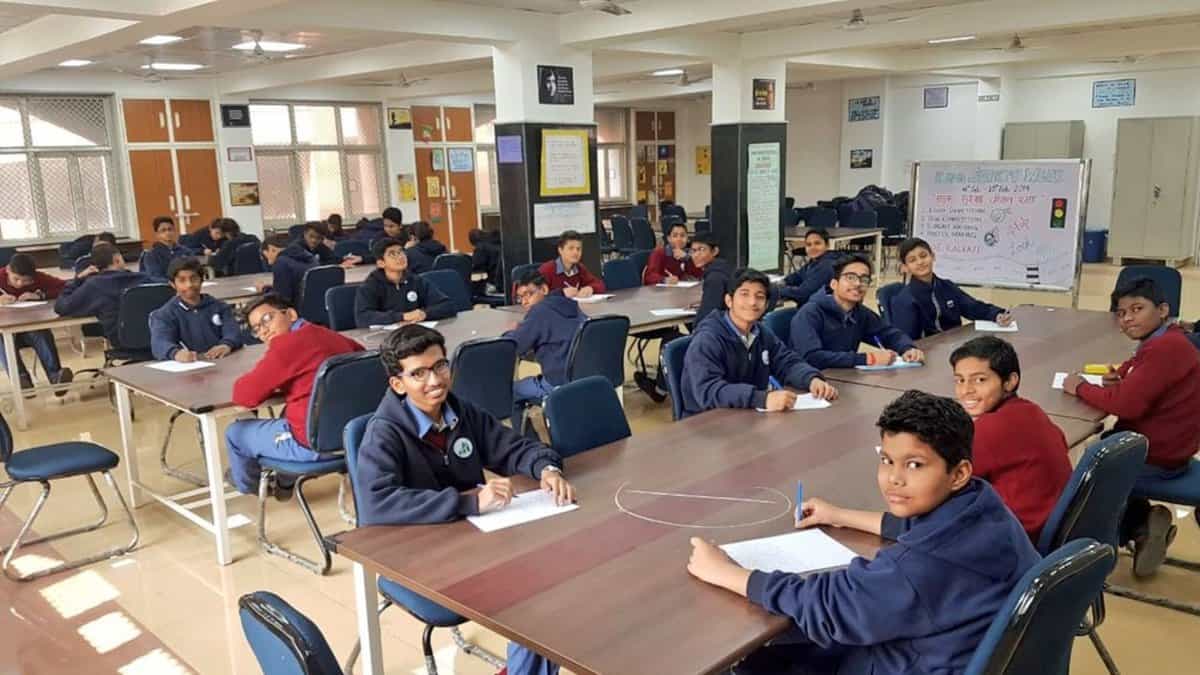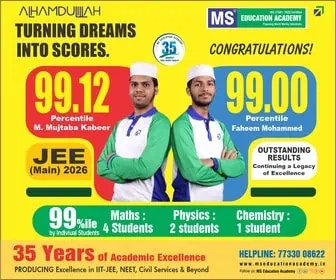
Delhi government schools will now teach the history of the Rashtriya Swayamsevak Sangh (RSS) as part of the ‘Rashtraneeti’ programme, which features lessons on civic sense, ‘unsung heroes’ of India’s freedom struggle, and national pride.
Launched on September 18 at the Namo Vidya Utsav, the program’s goal is to “instil democratic values and awareness of India’s freedom struggle.”
Delhi Education Minister Ashish Sood stated that the curriculum is in preparation and will be concentrated on the “history, ideology, and social activities” of the RSS.
“The syllabus will cover key RSS leaders and their social initiatives, as well as its historical formation,” Sood was quoted by The Indian Express.
Along with the history of RSS, which dates back to its founding by Keshav Baliram Hedgewar in 1925, the lessons will include the contributions of other affiliated leaders, such as former Prime Minister late Atal Bihari Vajpayee and PM Modi. The syllabus will introduce figures like Vinayak Damodar Savarkar, a Hindu nationalist, Shyama Prasad Mukherjee, Sardar Vallabhai Patel and others under the “unsung heroes” section.
These special classes will be scheduled in the first and third weeks of every month. Students are also required to participate in youth parliaments, field visits, electoral literacy clubs, and subcommittees.
RSS history can create communal divide: Parents, teachers
The move has since raised concern among civil society groups and parents who say that the lessons pose a risk of diminishing minority voices. Some fear a rise in communal bias in young minds, while teachers also remain sceptical.
Community leader Zafar Hussain from Jamia Nagar cautioned that glorifying RSS could be used to alter history. “It is crucial that our children see the contributions of all communities, Muslims, Sikhs, Dalits, and Christians, in shaping India’s democracy. Education should unite, not divide,” he said.


